15 Mar 2024
La Farsa: Una Obsesión Sin Limites
No overview found
Peter Greenberg explores Mexico with President Felipe Calderón, one of the most dynamic leaders of Latin America, for a history-making television special. Mexico: The Royal Tour goes beyond the headlines to journey deep inside Mexico and offer viewers access to extraordinary locations, landmarks and cultural experiences. It’s a fast-paced, non-stop adventure through Mexico’s iconic spots as well as experiences that aren’t found in any guidebook, but are still accessible to travelers.


15 Mar 2024
No overview found
In Mexico, the lack of jobs in villages and communities forces people to migrate to cities in search of opportunities and better income. This is the case of Justino, originally from the village of Muchucuxcáh, in the Yucatán Peninsula, who after traveling to Cancun and encountering problems and suffering there, decided to return to his village and learn to work with wood. Justino demonstrates how humans can interact with nature and their surroundings to have a dignified job.
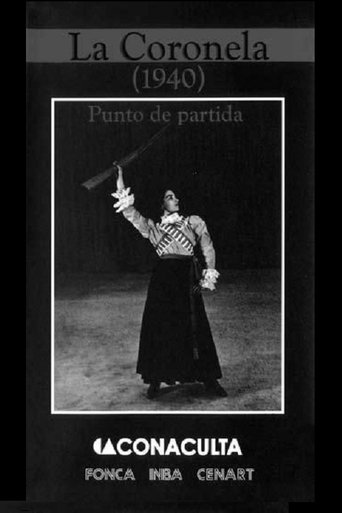
01 Jan 2001

No overview found
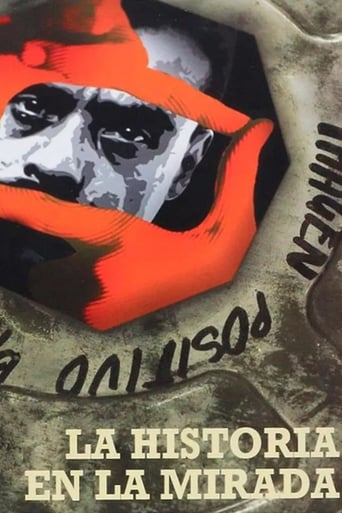
15 Apr 2011

The film portraits the stage previous to the outbreak of the Mexican Revolution, from the end of Porfirio Díaz´ government, the social volatility, the ephemeral government of Madero and the presence of the working class in the figures of Villa and Zapata, until the signing if the Constitution of 1917. All of this through moving images, filmed during those events mainly by the Alva brothers, filmmakers of that time. Those images let us perceive the contradictory and shuddered glance of the people of that period.
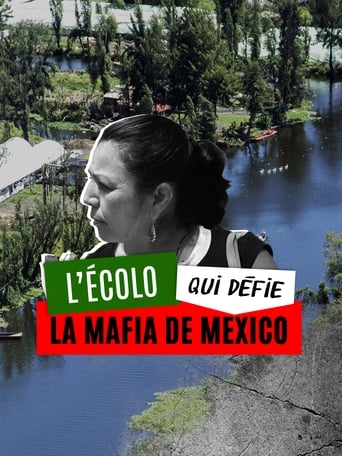
02 Dec 2015

No overview found
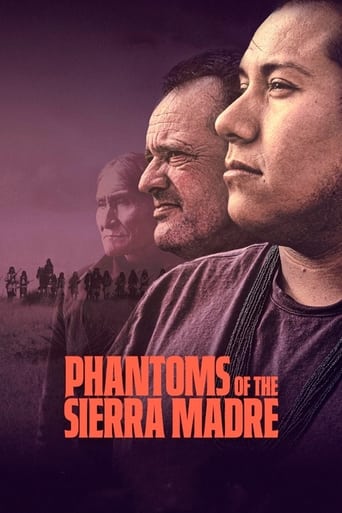
20 Sep 2024

A Danish writer travels to Mexico with the purpose of locating a mysterious Apache tribe that fervently seeks to remain in obscurity.

17 Nov 2022

Highlighting the unique culture of the Zapotec people of Oaxaca, Mexico, this groundbreaking documentary chronicles the lives of those who identify as muxes, a widely recognized third gender.
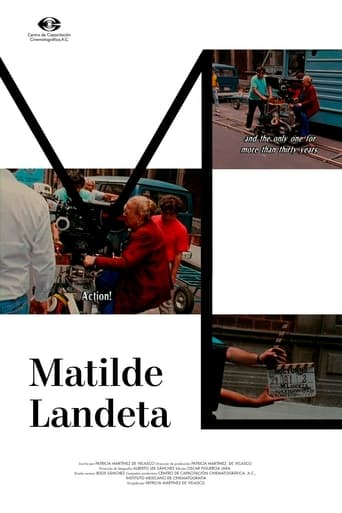
06 Jan 1992

A woman, an illusion. Matilde Landeta makes come true, at her seventy six years of age, what she has waited and longed for for 40 years. In this documentary we accompany her, from day one, on her adventure.
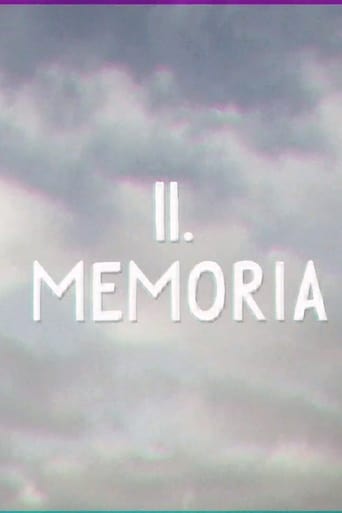

Documentary short about Mexico's femicide crisis.
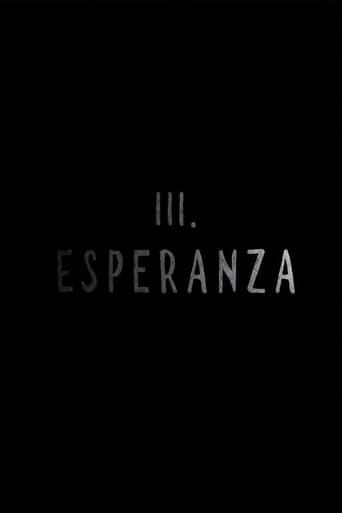

Documentary short about Mexico's femicide crisis.
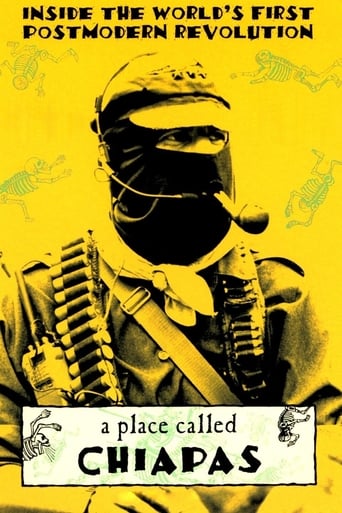
20 Feb 1998

In 1994, the Zapatista National Liberation Army, made up of impoverished Mayan Indians from the state of Chiapas, took over five towns and 500 ranches in southern Mexico. The government deployed its troops and at least 145 people died in the ensuing battle. Filmmaker Nettie Wild travelled to the country's jungle canyons to film the elusive and fragile life of this uprising.
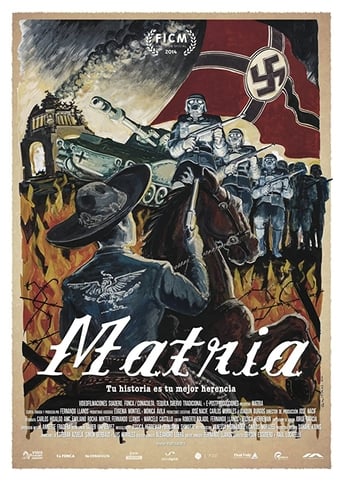
02 Nov 2014

My grandfather fought alongside Pancho Villa, became Master Mason, was an elected official who represented Oaxaca three times, and president of the national Association of Cattle Hands. In 1942, he formed the Legion of Mexican Fighters, a group of 100,000 cattle hands training to repel a possible Nazi invasion in Mexico. His story of success, however, held a secret that affected my family, and that I discovered while making this documentary.
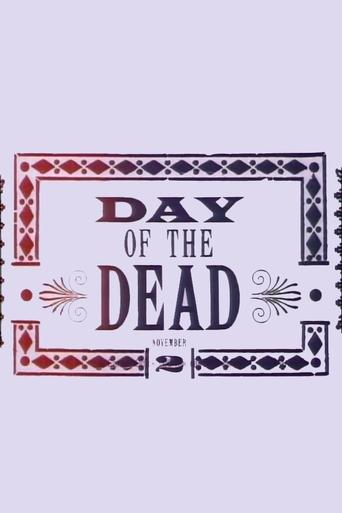
01 Jan 1957

A portrayal of the Mexican Day of the Dead consisting of still shots and narration. Deals with the special objects and events surrounding the annual Mexican celebration of “All Souls Day”. It is not only a rich flood of folk art, but a view of the way that the Mexicans have come to terms with death. Searched out with the help of Alexander Girard and a moving guitar score by Laurindo Almeida.

20 Dec 2024

No overview found
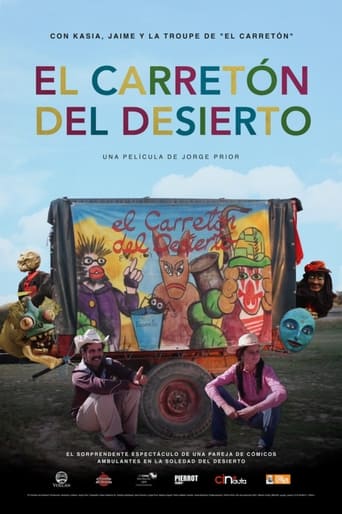
15 Mar 2024

A couple of artists travels through the Mexico desert to present their puppet show.
01 Jan 2003
Freddy Krueger has returned and is totally pissed off. This time he haunts the dreams of three unsuspecting teens on a rock'n'roll tour in Mexico. These kids are Friends Forever and that's a power that is tough for Freddy to break. Can the friends defeat the Satanic stalker, or will they be molested by his blades of fury?
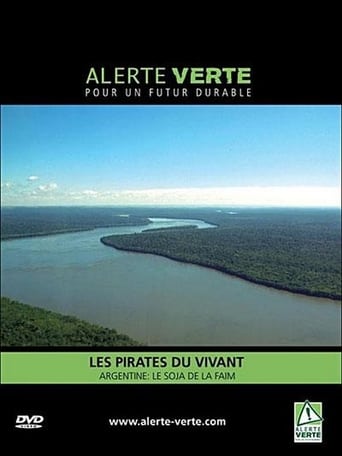
01 Jan 2005

No overview found
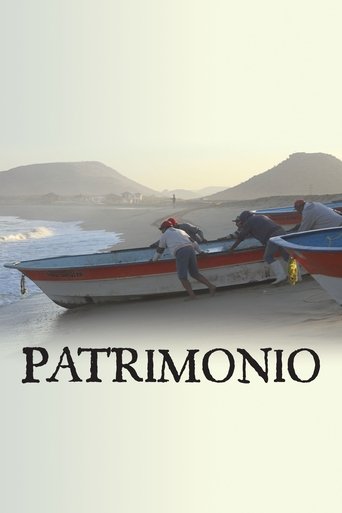
20 Feb 2018

As unrestricted development threatens water sources in Baja California Sur, Mexico, local peoples are beginning to push back against global business interests.
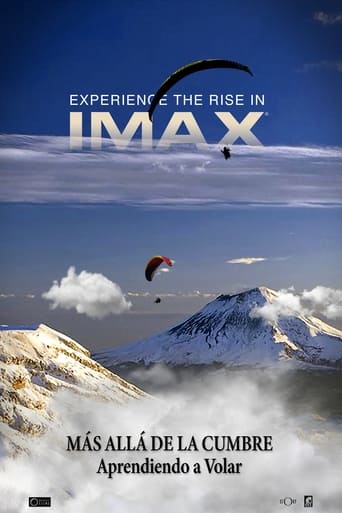
11 Nov 2011

In some of the most extraordinary natural landscapes in Mexico, a group of mountaineers have set out to explore a world labeled as impossible, but from a space reserved only for birds.
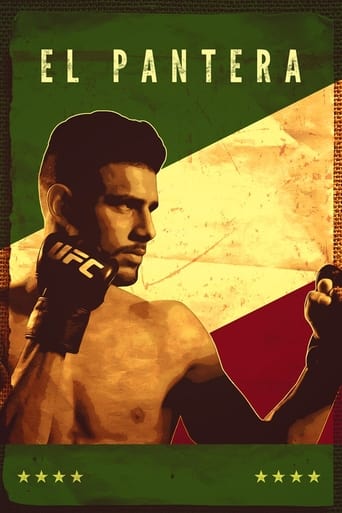
14 Oct 2017

El Pantera is a documentary film that chronicles the rise of Mexican UFC star Yair Rodriguez as he strives to become the first ever Mexican born UFC champion.